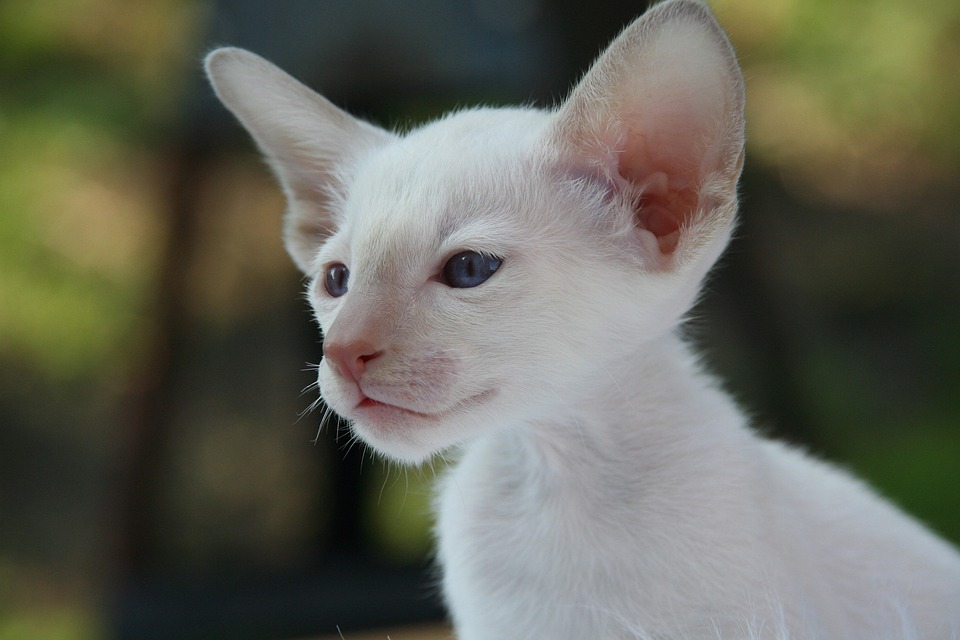Understanding Cat Obesity: Causes, Risks, and Solutions
Introduction:
In recent years, cat obesity has become a growing concern among pet owners and veterinarians alike. Just like in humans, obesity in cats can lead to various health issues and reduce their overall quality of life. In this article, we will delve into the causes, risks, and potential solutions for cat obesity, shedding light on this prevalent issue. Additionally, we have included a Frequently Asked Questions (FAQs) section to address common queries cat owners may have.
I. What causes cat obesity?
a) Overfeeding and Lack of Portion Control
One of the primary causes of cat obesity is overfeeding and a lack of portion control. Many cat owners may unintentionally overfeed their feline companions, leading to excessive calorie intake and weight gain.
b) Sedentary Lifestyle
Cats are natural predators, but when they live indoors, they may not get enough exercise. A sedentary lifestyle can contribute to weight gain and obesity in cats.
c) Breed Predisposition
Certain cat breeds, such as Maine Coons and Persians, are more prone to obesity due to genetic factors. These breeds may have a slower metabolism or a tendency to overeat.
d) Neutering or Spaying
Neutering or spaying cats can lead to hormonal changes that may affect their metabolism and appetite. This can increase the risk of weight gain if not managed properly.
II. The Risks of Cat Obesity
a) Diabetes Mellitus
Obese cats are at a higher risk of developing diabetes mellitus, a chronic condition that affects their ability to regulate blood sugar levels. This can lead to various complications and require lifelong management.
b) Joint and Mobility Problems
Excess weight puts additional strain on a cat’s joints, leading to arthritis and mobility issues. Obese cats may find it difficult to move or jump, reducing their overall quality of life.
c) Heart Disease
Obesity is linked to an increased risk of heart disease in cats. The extra weight forces the heart to work harder, potentially leading to heart failure or other cardiovascular issues.
d) Shortened Lifespan
Obesity is associated with a shorter lifespan in cats. The excess weight puts a strain on their organs and can lead to a range of health problems that may ultimately reduce their life expectancy.
III. Solutions for Cat Obesity
a) Consult with a Veterinarian
If you suspect your cat is overweight or obese, it is important to consult with a veterinarian. They can assess your cat’s overall health, provide guidance on weight management, and rule out any underlying medical conditions.
b) Balanced Diet and Portion Control
Feeding your cat a balanced diet and practicing portion control is key to managing their weight. Consult with your veterinarian to determine the appropriate amount and type of food for your cat’s age, breed, and activity level.
c) Encourage Physical Activity
Providing environmental enrichment and opportunities for exercise can help your cat maintain a healthy weight. Interactive toys, scratching posts, and play sessions can encourage physical activity and mental stimulation.
d) Monitor Treat Intake
While treats can be a part of a cat’s diet, it is important to monitor their intake. Choose low-calorie treats or use portioned amounts of their regular food as treats to avoid excessive calorie intake.
IV. Frequently Asked Questions (FAQs)
1. How do I know if my cat is obese?
You can assess your cat’s weight by feeling their ribs. If they are difficult to feel or there is a thick layer of fat, your cat may be overweight or obese.
2. Can obesity be genetic in cats?
Yes, certain cat breeds have a genetic predisposition to obesity. However, it is important to note that environmental factors, such as diet and exercise, also play a significant role in weight gain.
3. What health problems can arise due to cat obesity?
Cat obesity can lead to diabetes mellitus, joint problems, heart disease, and a shortened lifespan, among other health issues.
4. How can I help my cat lose weight?
Consult with a veterinarian to create a weight loss plan tailored to your cat’s needs. This may include adjusting their diet, increasing exercise, and monitoring their progress.
5. Are there any weight loss programs specifically designed for cats?
Yes, there are weight loss programs and specialized diets available for cats. These programs provide guidance and support to help cats achieve and maintain a healthy weight.
6. Will my cat’s lifespan improve if they lose weight?
Losing weight can significantly improve a cat’s overall health and increase their lifespan. However, it is important to maintain a healthy weight in the long term through proper diet and exercise.
7. Is it safe to put my cat on a strict diet?
It is not recommended to put your cat on a strict diet without veterinary guidance. Rapid weight loss can have adverse effects on their health. A gradual and controlled weight loss program is usually safer and more effective.
Conclusion:
Understanding the causes, risks, and potential solutions for cat obesity is vital for every cat owner. By being aware of the factors that contribute to obesity and the associated health risks, we can take proactive steps to prevent it. Remember, a balanced diet, portion control, physical activity, and regular veterinary check-ups are crucial in maintaining your cat’s overall health and well-being.
Disclaimer: The information provided in this article is not a substitute for professional veterinary advice. If you have concerns about your cat’s weight or health, consult with a veterinarian for personalized guidance and recommendations.








